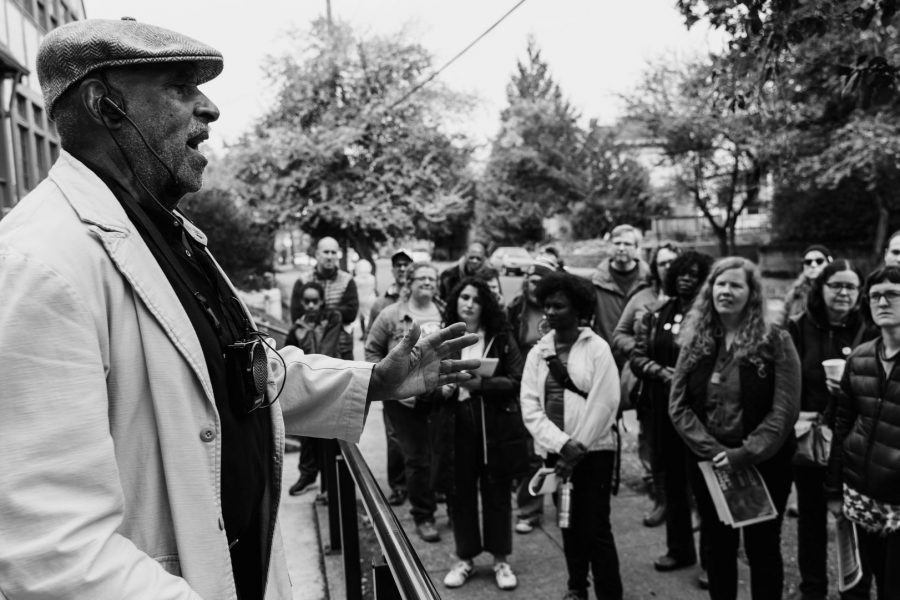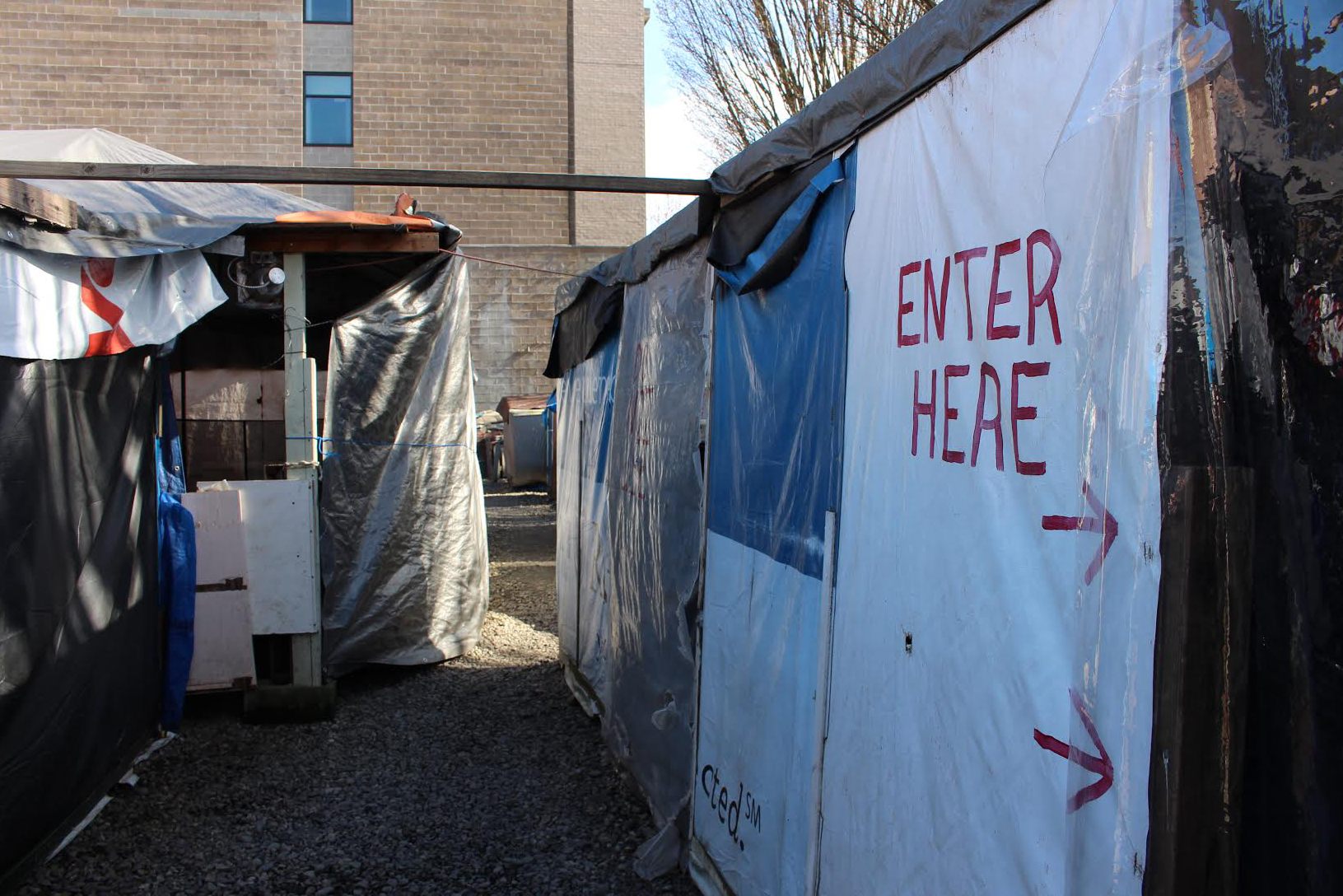E-scooters not a valid form of transportation
Blocking the curb? In pieces in the street? Hogging the bike lanes? Somehow in the neighbor’s yard?
E-Scooters may be fun to ride through downtown streets and the thrill of nearly knocking a pedestrian over is probably exhilarating, but let’s make one thing clear: they should not be considered a valid form of public transportation. Portland and the federal government need to invest in equitable housing and zoning policy that includes access to reliable and free public transportation.
The popular e-scooter company, Bird, began its e-scooter program in Santa Monica, and since then, the market for the niche service has blossomed as tech companies appeared overnight trying to get in the e-scooter business. Just two years later, companies like Bird now operate in 100 cities around the world and e-scooters have accounted for 38.5 million trips, nearly half of the shares in the micromobility sector, according to Tech Crunch. Although we do not have a clear picture of the long-term effects these e-scooters bring to American cities, the little data we do have is concerning.
Because e-scooters have a top speed of 15 miles per hour, helmets are not required in order to use them and a measly four percent of riders do, according to Business Insider. This has already created problems. According to Center for Disease Control, a study found that 20 individuals per every 100,000 e-scooter trips were injured, and nearly half those sustained head injuries, which could have been prevented if riders wore helmets. Additionally, since the beginning of 2018, there have been 11 recorded deaths.
Safety issues aside, e-scooters changed the way Portlanders commute. In a 2018 report, the city of Portland found that 71% of Portlanders reported they used e-scooters “to get to a destination,” while only a third used it for recreation. Additionally, the report found 19% of all trips occurred during rush hour times—3 p.m. to 6 p.m.—during the week. This data indicates that Portlanders prefer the convenience and affordability of e-scooters in comparison to other mobility systems, including ride-hailing services and public transportation.
At $100 for a monthly pass, Tri-Met fees can rack up, and it’s easy to see the appeal of unlimited Bird scooter rides for only $25 a month. This is a classic case of private enterprise recognizing and capitalizing on needs not met through public services.
“It is important in the planning and permitting of these emerging services that they complement our existing system,” said John Macrthur, sustainable transportation program manager at Portland State, “and that they don’t undermine the system and that they serve all people in the city.”
They already have undermined our current systems, and there is only one solution: make public transportation free. The ability to travel within a city should not be monetized by e-scooter companies like Bird, which employs “independent contractors” to service and gather scooters. The “independent contractor” status allows companies to circumvent labor laws without providing proper benefits to workers, an issue ride-hailing services like Uber and Lyft has been fighting in court.
It is also not enough to means-test public transportation, forcing citizens to prove they are poor enough to receive reduced fare for a public service that should be accessible to all, even the richest among us. Furthermore, the federal government needs to step in on the state and local levels to provide additional funding for mass transit projects, prompting sustainable and equitable programs that fare better than our current system.
Although the city of Portland has the 10th best rated public transportation system, only 5% of Americans reported using public transportation daily, dead last among surveyed countries. The unpopularity of public transportation can be attributed to zoning rules that do not allow for efficient transit-oriented development, a car culture obsessed with SUVs and roots dating as far back as the 1920s, when 17,000 miles of streetcar lines were ripped up and paved over to make way for cars.
It is clear that we need new investments in the area of mass transportation in this country, and until we do, expect more services like Bird and Lime to fill the void, pissing off communities across the country and making a dollar on our lack of moral clarity.






